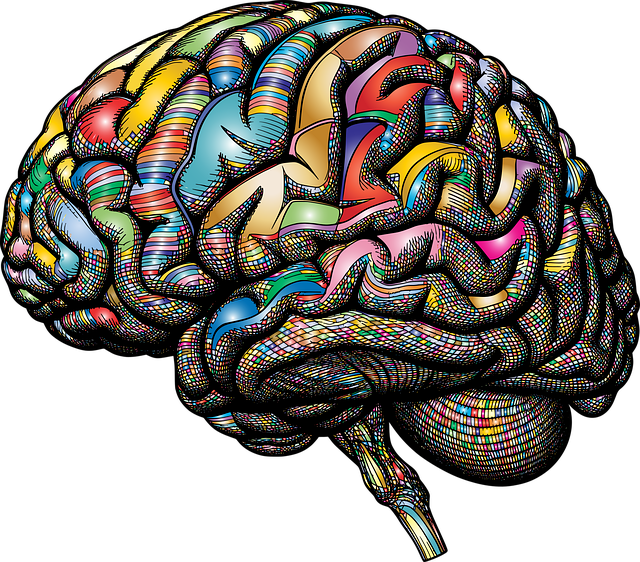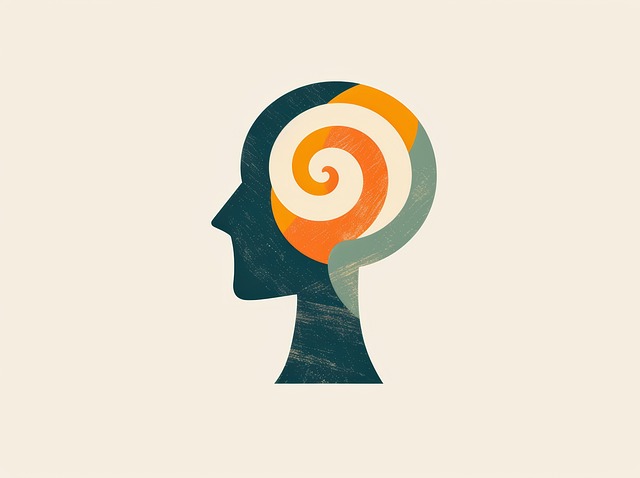Understanding sexual addiction requires recognizing it as a serious mental health condition rather than a moral issue, and integrating various therapy approaches like CBT, MI, and mindfulness practices is key to effective treatment. Programs combining education, workshops, and support foster empathy, encourage help-seeking without judgment, and address underlying issues like low self-esteem. These holistic initiatives, including public awareness campaigns and trauma support services, destigmatize conversations around sexual addiction while providing comprehensive care through tailored sessions, ultimately promoting overall mental wellness with a specific focus on therapy for sexual addiction.
Mental health education programs play a pivotal role in addressing sexual addiction, a complex issue often shrouded in stigma. This article delves into effective program design, offering insights on understanding and treating sexual addiction. We explore evidence-based therapy approaches, from cognitive-behavioral to motivational interviewing, and discuss creating supportive learning environments. By integrating these strategies, mental health professionals can provide comprehensive care, debunking misconceptions and fostering healing for those struggling with sexual addiction.
- Understanding Sexual Addiction: Debunking Stigma and Misconceptions
- Integrating Therapy Approaches for Effective Treatment
- Program Structure and Implementation: Creating a Supportive Learning Environment
Understanding Sexual Addiction: Debunking Stigma and Misconceptions

Understanding sexual addiction involves acknowledging its complexity and challenging the stigma often associated with it. This pervasive issue is more than just a lack of self-control or moral weakness, as commonly perceived. It’s a serious mental health condition that requires sensitive treatment and specialized therapy for sexual addiction, such as cognitive-behavioral therapy or motivational interviewing. Debunking these misconceptions is vital to fostering empathy and encouraging individuals struggling with sexual compulsion to seek help without fear of judgment.
Mental wellness coaching programs development can play a significant role in promoting awareness and providing support. Through interactive workshops and tailored coaching sessions, these programs aim to educate participants about the signs, causes, and effects of sexual addiction. Moreover, integrating compassion cultivation practices into mental wellness podcast series production allows for open conversations, sharing recovery stories, and offering practical strategies to overcome challenges related to this sensitive topic.
Integrating Therapy Approaches for Effective Treatment

In designing a mental health education program, integrating various therapy approaches is crucial for effective treatment. One such critical area is addressing sexual addiction, which requires tailored strategies that combine cognitive-behavioral therapy (CBT), motivational interviewing (MI), and mindfulness practices. CBT helps individuals identify and change unhealthy thought patterns and behaviors related to sexual addiction, while MI strengthens motivation to change by exploring ambivalence and fostering goal setting. Mindfulness techniques enhance emotional regulation, enabling individuals to manage their urges and make healthier choices.
Additionally, public awareness campaigns development and trauma support services play a complementary role in this process. Public awareness campaigns can destigmatize conversations around sexual addiction, encouraging affected individuals to seek help. Trauma support services are also vital as many people struggling with sexual addiction have experienced underlying traumas that require specialized attention. Integrating these diverse approaches within education programs fosters a holistic understanding of mental health and ensures comprehensive care for those seeking treatment.
Program Structure and Implementation: Creating a Supportive Learning Environment

A well-structured mental health education program aims to create a supportive learning environment that encourages open dialogue and fosters growth. The design should prioritize an inclusive atmosphere, ensuring participants feel safe to share their experiences without fear of judgment. This can be achieved through interactive workshops, small group discussions, and activities promoting active listening. Incorporating diverse teaching methods caters to different learning styles, enhancing engagement and knowledge retention.
Focusing on building a supportive community, the program should teach practical coping strategies for managing stress, anxiety, and other mental health challenges. Facilitating these skills can include mindfulness exercises, cognitive-behavioral techniques, and positive thinking interventions. By addressing underlying issues like low self-esteem and teaching healthy ways to cope with them, the program contributes to overall well-being. Additionally, integrating therapy for sexual addiction as a specialized component caters to specific needs, ensuring comprehensive care within this supportive learning environment.
Mental health education programs play a pivotal role in addressing sexual addiction by providing supportive learning environments that integrate diverse therapy approaches. By debunking stigma and misconceptions, these programs foster understanding and effective treatment. A well-structured curriculum, tailored to individual needs, enables participants to navigate their journeys towards recovery with enhanced resilience and hope. In focusing on both the mind and heart, we revolutionize the way society perceives and treats sexual addiction, ultimately promoting healthier, more fulfilling lives.














